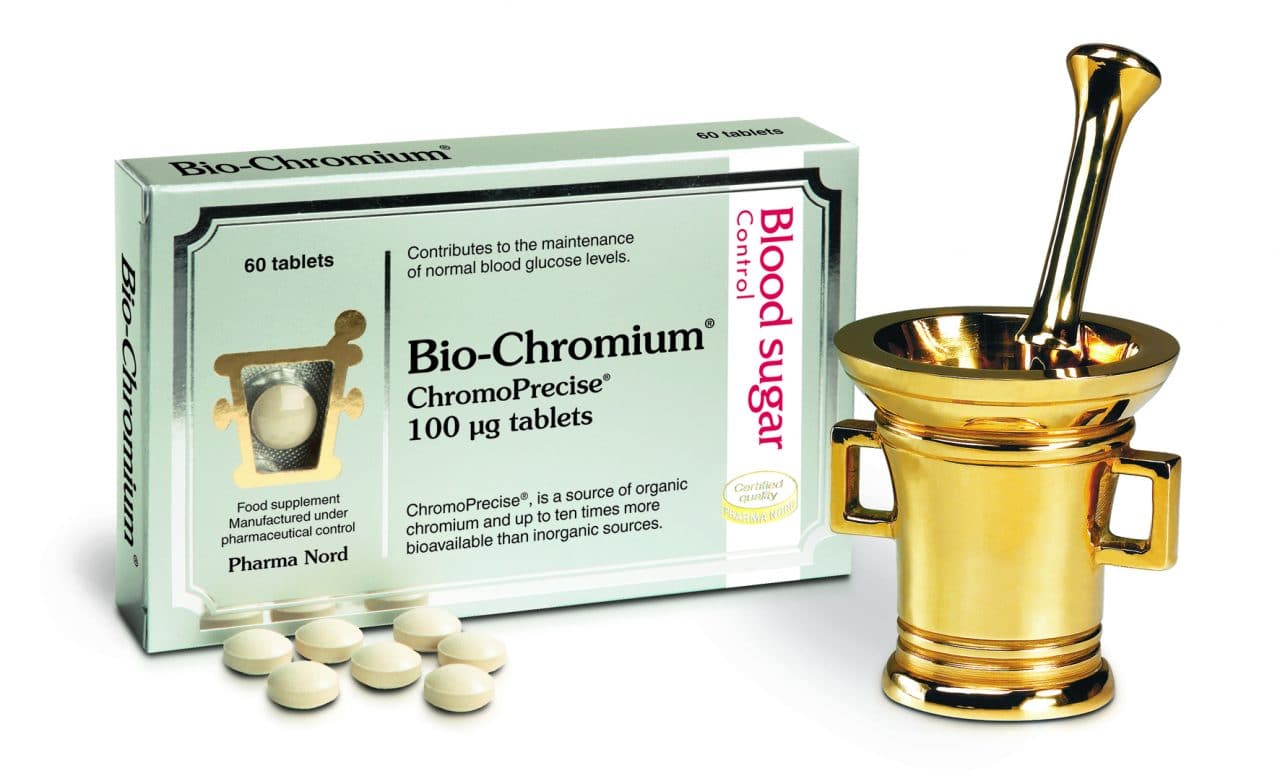With Britain’s diabetes crisis deepening and the need for preventative action becoming ever more pressing, EFSA’s approval last month of ChromoPrecise was strikingly topical.
Increasing chromium intake could play an important role in preventing new cases of the disease. The trace nutrient is proven to maintain healthy blood glucose levels, but it is lacking in the British diet thanks to modern farming and dodo processing methods.
The challenge is that some forms of chromium are not absorbed well, limiting the usefulness of supplementation. However the organic chromium recently approved by European Food Safety Authority – known as ChromoPrecise – is absorbed up to 10 times more efficiently than other types of chromium, EFSA’s exports have confirmed.
The key to its benefits is the way in which chromium is embedded in a yeast structure that provides it with unique properties. Chromium is combined with several different amino acids together with which it forms a natural molecule called chromodulin that helps channel sugar into the body’ cells. Chromodulin supports insulin by ‘unlocking’ cells from the inside, allowing sugar (glucose) to enter the cell with ease.
With the chromodulin doing its work, blood sugar levels are kept stable. This is highly important for weight loss, as unstable blood sugar is the main reason why we develop a craving for sweets and junk food, especially in the afternoon.
After submitting comprehensive documentation to the EFSA, Pharma Nord has been granted full approval for its ChromoPrecise, which is used in the newly launched Bio-Chromium.
Bio-Chromium has an RRP of £13.95 for 60 tablets.





